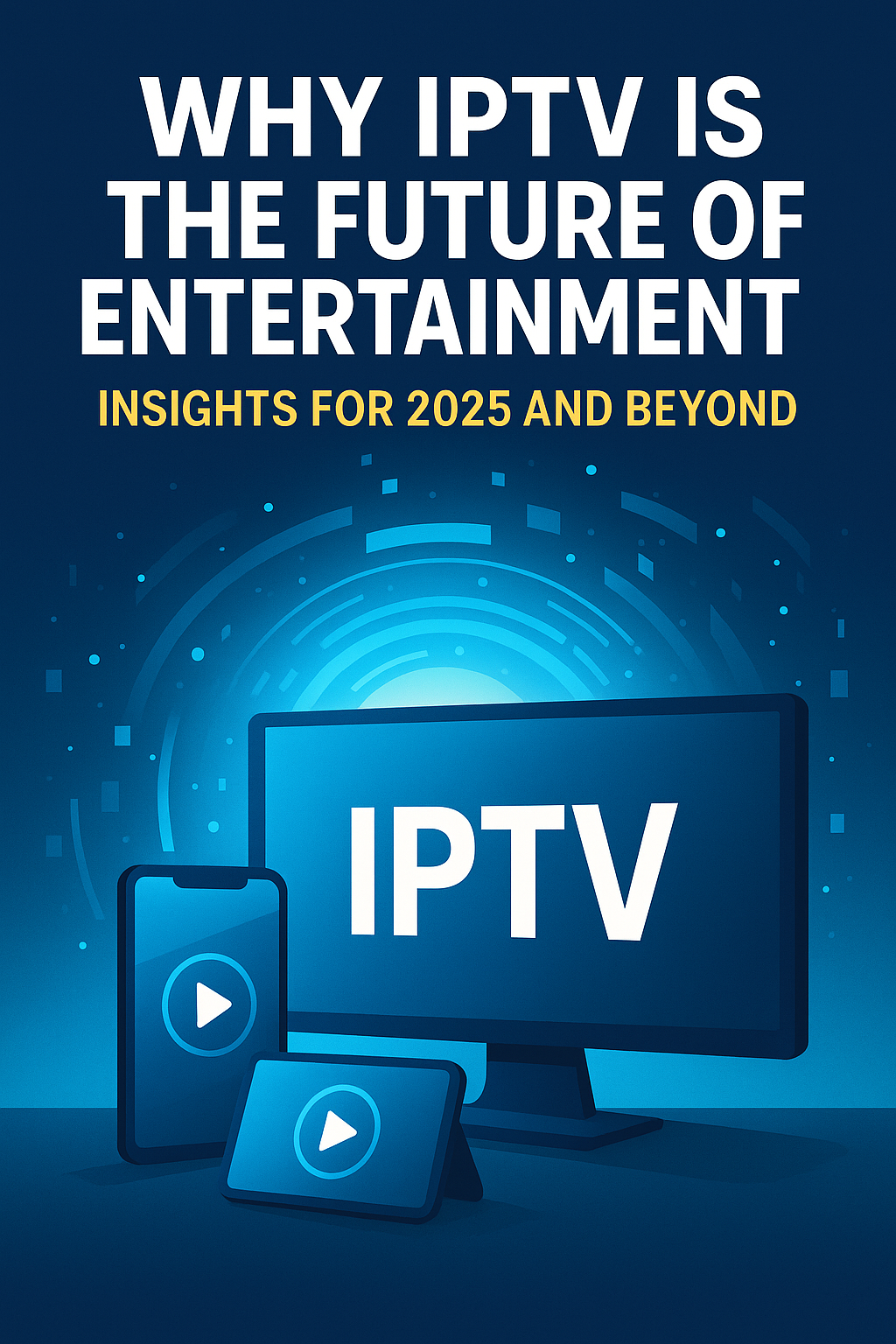
In a world dominated by smartphones, smart TVs, and on-demand culture, traditional TV is rapidly fading. Enter IPTV — Internet Protocol Television — a modern streaming solution changing the game. As we head into 2025, IPTV is no longer an alternative; it’s becoming the default.
1. What Is IPTV, and Why Does It Matter?
IPTV delivers television content via internet protocol rather than satellite or cable. In practical terms, it means:
- On-demand content
- Flexible viewing schedules
- Interactive experiences
- Better integration with modern tech
With the explosion of high-speed internet worldwide, IPTV has become more accessible than ever.
2. The Shift in Viewer Behavior
Consumers want freedom — not rigid programming schedules. Here’s how IPTV responds:
- Watch anytime, anywhere.
- Pause, rewind, or skip live content.
- Access across multiple devices.
- Customize content preferences.
This shift is especially noticeable among younger generations who prioritize personalized, mobile-first content.
3. Key Benefits of IPTV in 2025
- ✅ Cost Efficiency: IPTV subscriptions are generally cheaper than cable.
- 🌐 Global Access: Viewers can watch local or international content from any device, anywhere.
- 🧠 AI Integration: Platforms use AI to recommend content based on your behavior.
- 💬 Interactivity: Live chat during events, voting features, multi-angle views, etc.
4. IPTV for Businesses and Creators
The IPTV boom isn’t just for viewers:
- 🎥 Small businesses now create niche channels (fitness, cooking, education).
- 🧑💻 Content creators monetize shows without big media backing.
- 📡 Local news & community broadcasts reach wider audiences.
With low startup costs and flexible monetization, IPTV is democratizing broadcasting.
5. Future Predictions
As we look ahead:
- 5G and fiber will enhance stream quality.
- VR & AR integration may become standard.
- Ads will be hyper-targeted.
- Blockchain could enter the scene for content security and royalties.
IPTV isn’t just evolving — it’s reinventing how and why we watch TV.
Conclusion
IPTV has disrupted the traditional television model with on-demand flexibility, cost savings, and global reach. As technology advances and user expectations rise, IPTV stands at the crossroads of entertainment, personalization, and innovation.
